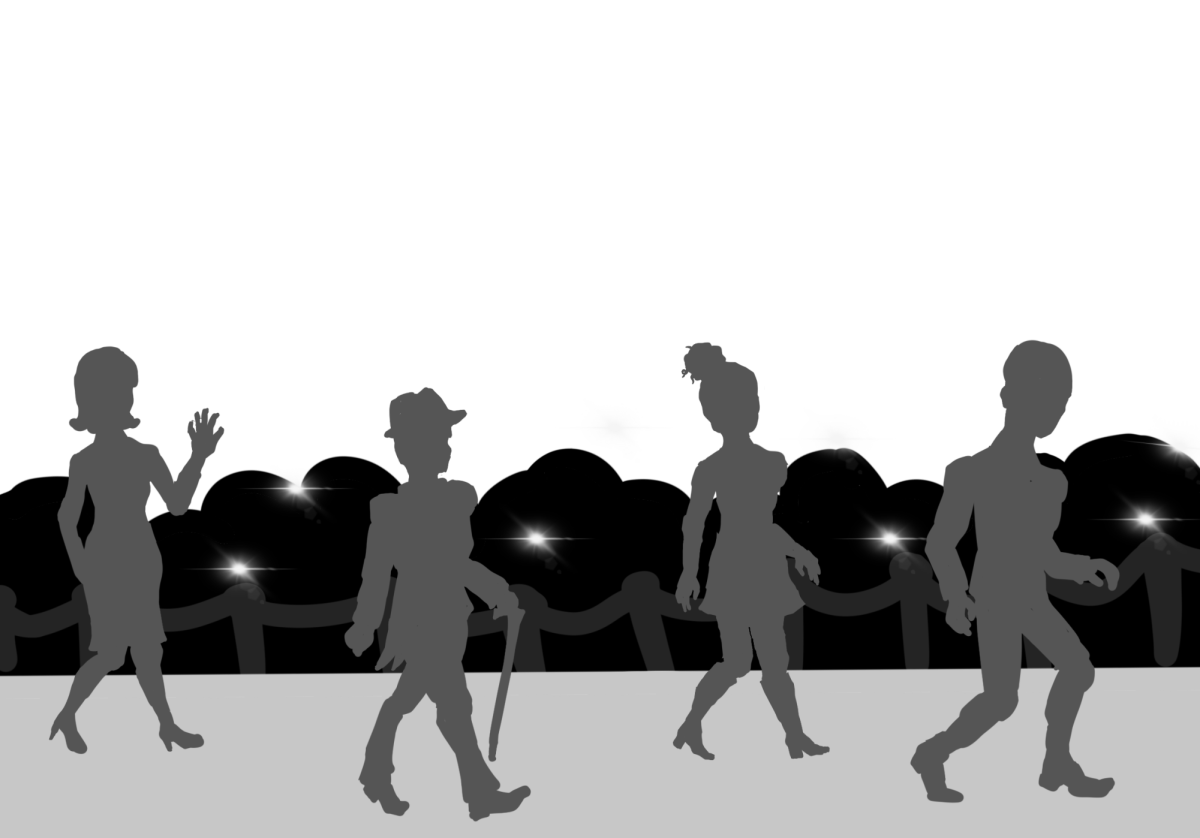If you have been shopping within the past couple months, you know how different it is. From social distancing, wearing masks, and lines due to limited capacity in stores, it all feels very dystopian. There’s no doubt that shopping has changed drastically from the way we once knew it.
From January to mid-March, shopping could be considered a fun outing, where shoppers would spend time with friends and family doing something enjoyable. However, this all changed during the pandemic.
One of the first things that brought a lot of attention to the seriousness of the virus was in early March when shelves became bare as Americans prepared for a potential lockdown, panickingly stocking up on supplies. Thinking back to when there was a toilet paper shortage feels like decades ago. When our world began to shut down, supermarkets were one of the only stores allowed to remain open. As a result, the retail sector was devastated and many employees of the industry lost their jobs as the economy faltered.
Now that lockdown restrictions have been relaxed and stores have been reopened for several months, there are new guidelines, including mask requirements, markings to maintain six-feet distance apart, and strict capacity limits, that have been put in place to ensure the safety of customers. Because of this, shopping has become less of a “fun” activity and is now viewed by many as more of a quick errand to run when it is deemed necessary. Obviously, this is all rightfully in an effort to avoid the spread of COVID-19. However, it is interesting to see how life has progressed over the course of the last eight months in the sense of something as simple as shopping, the idea of it now completely altered in our minds.
Now, as the holidays approach, stores face a new challenge: Black Friday and mass holiday shopping. Big crowds, small spaces, touching various different items – all things that are to be avoided during a pandemic. Black Friday and the large amount of in-person shopping that follows after could be considered one of the most unsafe activities during these times, and experts fear the possibility of new outbreaks arising from it, which is why extra precautions will need to be put in place. While it may take some of the usual joy out of shopping during this season, it is necessary to ensure our community’s health doesn’t deteriorate further.
Different stores have different ways of dealing with changing their policies due to the pandemic, but all seem to be planning to extend the special Black Friday deals to month long savings instead of a few days. It’s no longer Black Friday, but “Black November.” Home Depot, for example, is adjusting their sale dates to start earlier, around November 6, and end later, around December 2. Some stores in the King of Prussia Mall had deals beginning in mid-September that run through the end of the year. Plus, many stores are offering more delivery and pickup options to ensure as minimal contact as possible. This is all in an attempt to avoid the dangerous mass crowds that Black Friday is known for. While many will likely shop online this year, the few that go to malls and stores could deteriorate public health. This situation is terrifyingly possible, but stores are doing everything in their power to avoid it.
Clearly, shopping during the COVID-19 pandemic is much more complicated than anyone would have thought. Looking back to when COVID-19 hit, who knew the virus would get so bad that it would transform an aspect of our lives that previously seemed so easy into a hassle?







